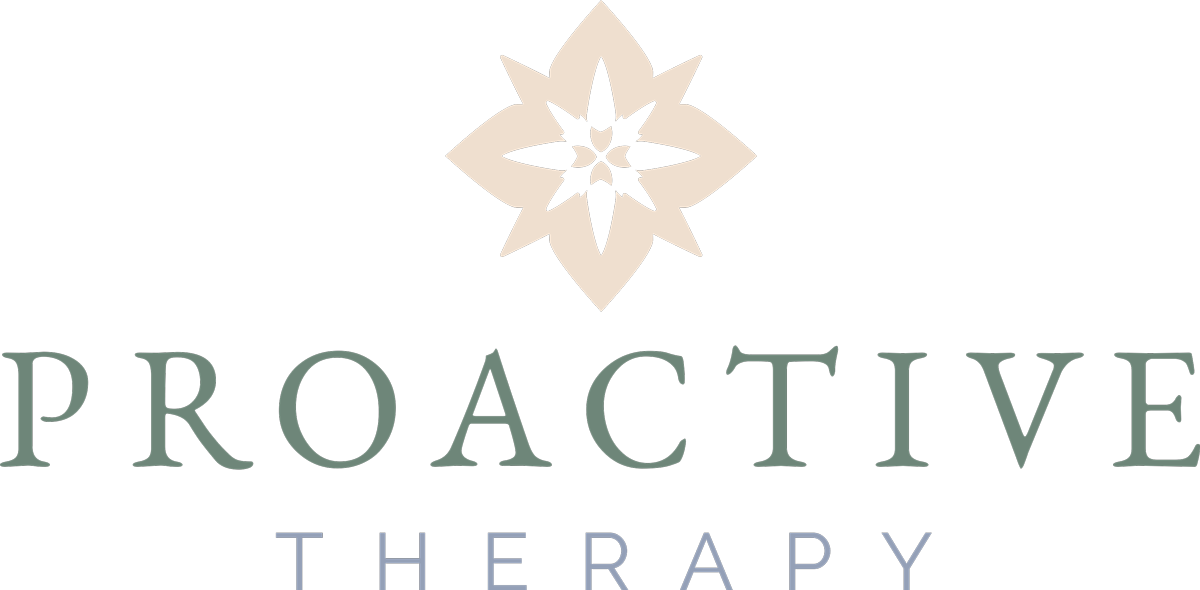Four Tips for Getting through the Holidays -- and Ditching the New Year Diet
By Betsy Callan, AM, LCSW
The holidays can be polarizing. For some, it’s an exciting time of year where you can spend time with family and friends, and have fun with holiday activities that aren’t readily available the rest of the year. For others, the holidays are difficult, especially if you are feeling lonely or have recently lost a loved one. Regardless of your experience, the holidays are very much centered around food.
I often hear people talk about the holidays in black and white terms. I’m going to be “bad” by eating whatever I want (i.e. Halloween candy, bingeing on Thanksgiving, and holiday treats). This is usually followed with extreme rigidity in both eating and exercise after New Years. Neither of these mindsets feel good. Either you are experiencing an immense amount of guilt and apathy or restriction and deprivation in order to compensate. So what do we do?
I’m wondering why we have to look at eating around the holidays as something that is “glutenous” or “bad.” I’m proposing that we find gray area during the holidays, as well as after the New Year.
First, there is no food that is inherently “bad.” It is typically the behaviors that surround your eating that are inducing guilt and shame. I find it important in my therapeutic work to legalize all food and speak about food in nonjudgmental terms. Instead of “bad” or “junk” food can we call it “pleasurable” meals? Instead of “good” or “healthy” food can we call it “functional” meals? With that being said, here is what I suggest in order to practice balance throughout the next couple of months:
Deliberately incorporate pleasurable food, such as holiday cookies, candied apples, candy canes or other holiday treats into your regular meals a few times per week. It’s important to gain practice around having these foods in a planned way to decrease your internal stigma around them.
While eating these foods, engage in mindful eating. Pay attention to the taste, texture, and smell. We do not want to disconnect from these foods. Reinforce the idea that these foods are OK to eat!
Continue with your self-care and movement routine. Typically people will look at the holidays as “a wash,” which only increases rigidity around movement after New Years.
Most importantly, pay attention to your emotional health. As I mentioned before, this can be an emotional time of year. Find your trusted supports such as friends, family, or schedule extra sessions with your mental health provider so that you are fully equipped with tools to manage any difficult emotions that come your way.
